France, a country synonymous with romance, art, and gastronomy, is a treasure trove of experiences waiting to be explored. From iconic landmarks to culinary delights, every corner of this enchanting nation beckons travelers with its unique charm. In this guide, we'll unravel the must-see places in France, along with a delectable journey through its culinary landscape.

- Paris: The City of Lights
No exploration of France is complete without a visit to the City of Lights – Paris. Begin your journey at the iconic Eiffel Tower, where panoramic views of the city unfold. Stroll along the Seine River, crossing charming bridges like Pont Alexandre III, and immerse yourself in the artistic ambiance of Montmartre, home to the renowned Sacré-Cœur Basilica.
Indulge your artistic sensibilities at the Louvre, home to the Mona Lisa, and the Musée d'Orsay, housing an impressive collection of impressionist masterpieces. For a taste of Parisian chic, explore the haute couture boutiques along Avenue Montaigne.
Eat/Drink: Treat your palate to classic French cuisine at a boulangerie for freshly baked croissants, or savor escargot and coq au vin at a traditional bistro. Don't forget to pair your meal with a glass of exquisite Bordeaux or a flute of Champagne.
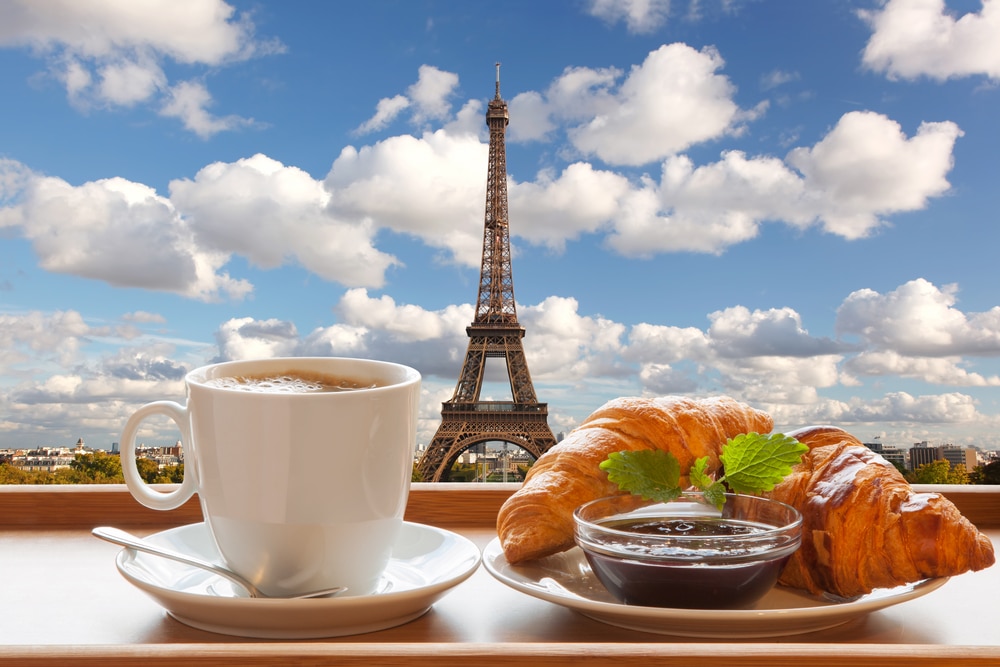
- Provence: A Tapestry of Lavender Fields and Roman Ruins
The picturesque region of Provence, with its rolling vineyards and vibrant lavender fields, is a visual delight. Visit the ancient Roman amphitheater in Arles and wander through the cobblestone streets of Avignon, home to the Palais des Papes.
For a sensory experience, explore the fragrant Lavender Route in the Luberon region, where the vibrant purple fields stretch as far as the eye can see. Take a leisurely drive through the Gorges du Verdon, often referred to as the "Grand Canyon of Europe," and soak in the breathtaking scenery.
Eat/Drink: Sample the local flavors with ratatouille, bouillabaisse, and tapenade. Pair your meal with a crisp glass of rosé, a specialty of the region.
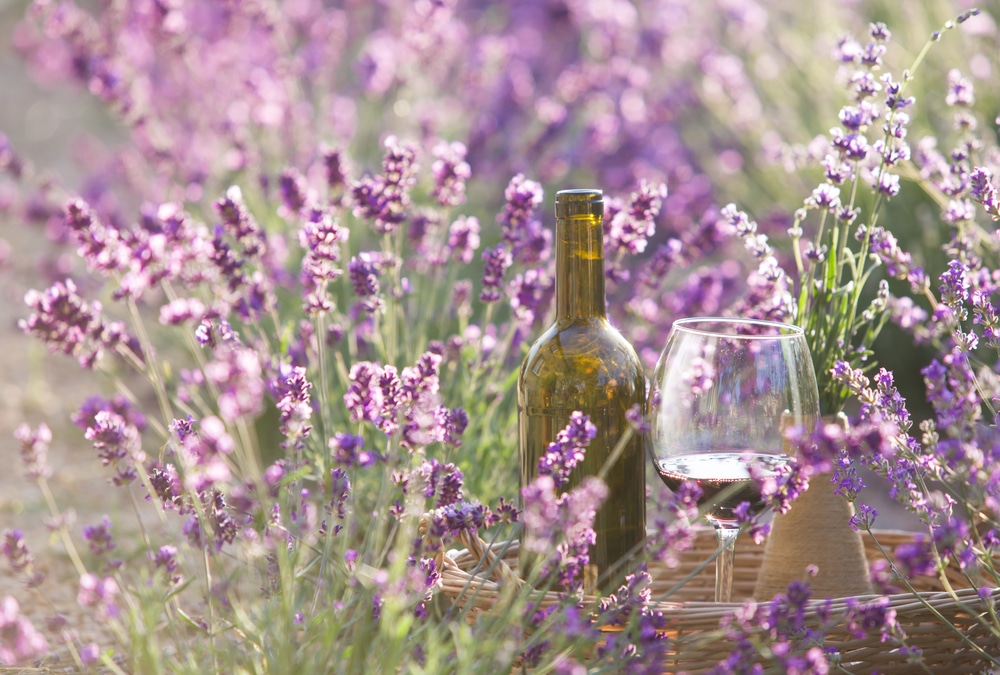
- The French Riviera: Glamour and Seaside Splendor
The French Riviera, or Côte d'Azur, is synonymous with glamour and seaside luxury. Explore the vibrant city of Nice, with its Promenade des Anglais and colorful Old Town. Visit the medieval village of Eze, perched on a hill with panoramic views of the Mediterranean.
Indulge in the glitz and glamour of Monaco, home to the famous Casino de Monte-Carlo. Relax on the glamorous beaches of Saint-Tropez or sip a cocktail at a seaside café in Cannes.
Eat/Drink: Dive into the Mediterranean cuisine with a plate of bouillabaisse or salade niçoise. Enjoy a glass of local rosé as you bask in the Riviera's sun-kissed ambiance.
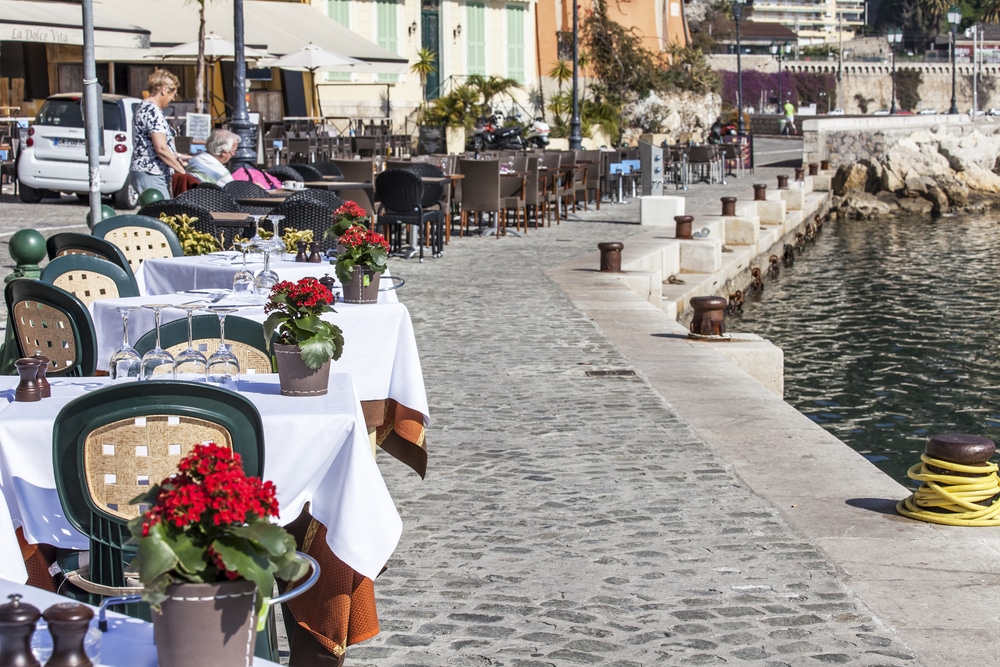
- Normandy: A Tapestry of History and Culinary Delights
Normandy, with its charming countryside and historic significance, offers a unique blend of experiences. Explore the iconic Mont Saint-Michel, a medieval abbey perched on a rocky island, and visit the historic D-Day landing beaches.
Savor the flavors of Normandy with its renowned Camembert cheese, apple orchards, and the decadent Norman pastries. Take a scenic drive along the Route du Cidre, sampling local ciders and Calvados.
Eat/Drink: Delight your taste buds with creamy Camembert, apple tarts, and a warm serving of moules marinières. Pair your meal with a glass of local cider or a sip of Calvados.
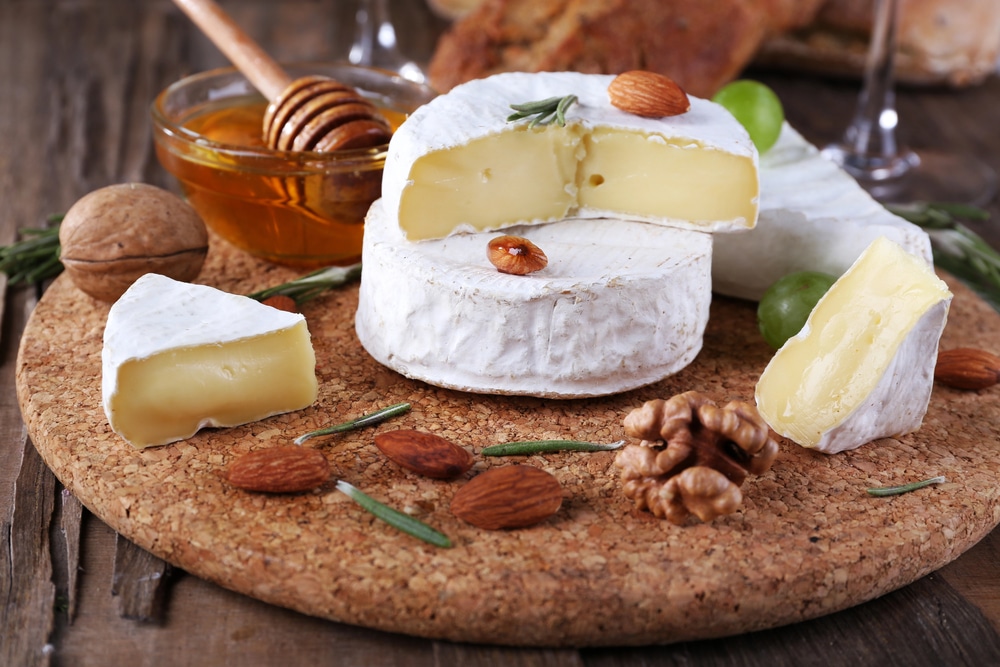
- Bordeaux: A Wine Lover's Paradise
For wine enthusiasts, Bordeaux is a pilgrimage to the heart of French viticulture. Explore the historic vineyards of Saint-Émilion and Pomerol, and visit the impressive Cité du Vin, a museum dedicated to the history of wine.
Stroll along the elegant boulevards of Bordeaux, a UNESCO World Heritage site, and savor the beauty of the Place de la Bourse. Take a wine-tasting journey through the Médoc and Graves regions, where some of the world's finest wines are produced.
Eat/Drink: Pair your Bordeaux wine with local delicacies such as entrecôte bordelaise or canelé, a sweet pastry with a caramelized crust.
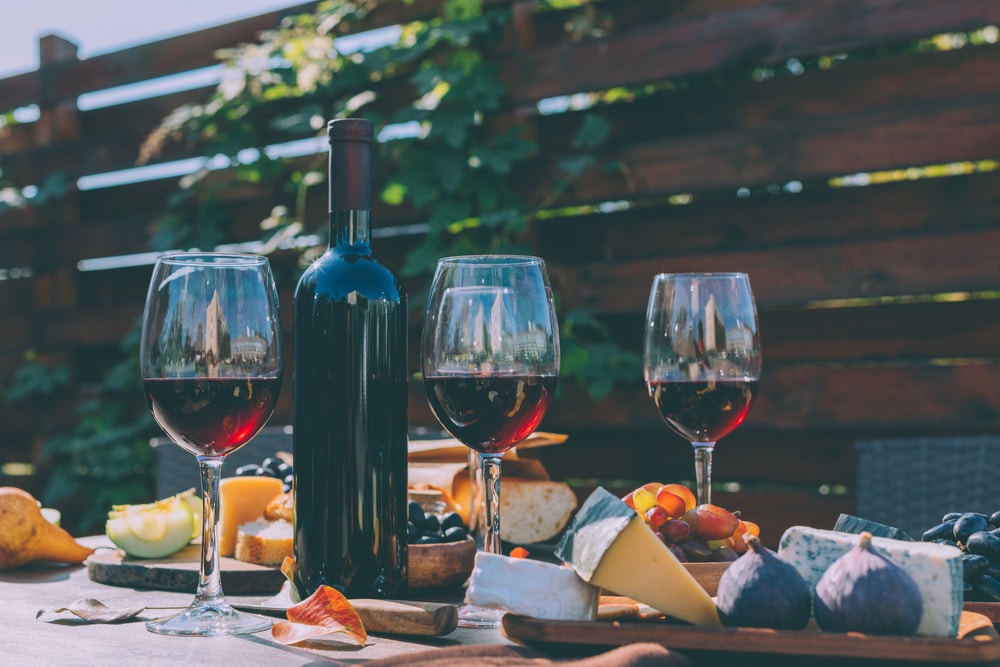
- Lyon: The Gastronomic Capital of France
End your French sojourn in Lyon, the undisputed gastronomic capital of the country. Stroll through the cobbled streets of Vieux Lyon, a UNESCO World Heritage site, and savor the beauty of the Basilica of Notre-Dame de Fourvière.
Embark on a culinary adventure in the traboules, hidden passageways that connect the city's buildings. Lyon's traditional bouchons offer a taste of authentic Lyonnais cuisine, featuring dishes such as coq au vin and quenelles.
Eat/Drink: Indulge in Lyonnais specialties like boudin noir, salade lyonnaise, and the decadent praline tart. Pair your meal with a glass of Côtes du Rhône wine.
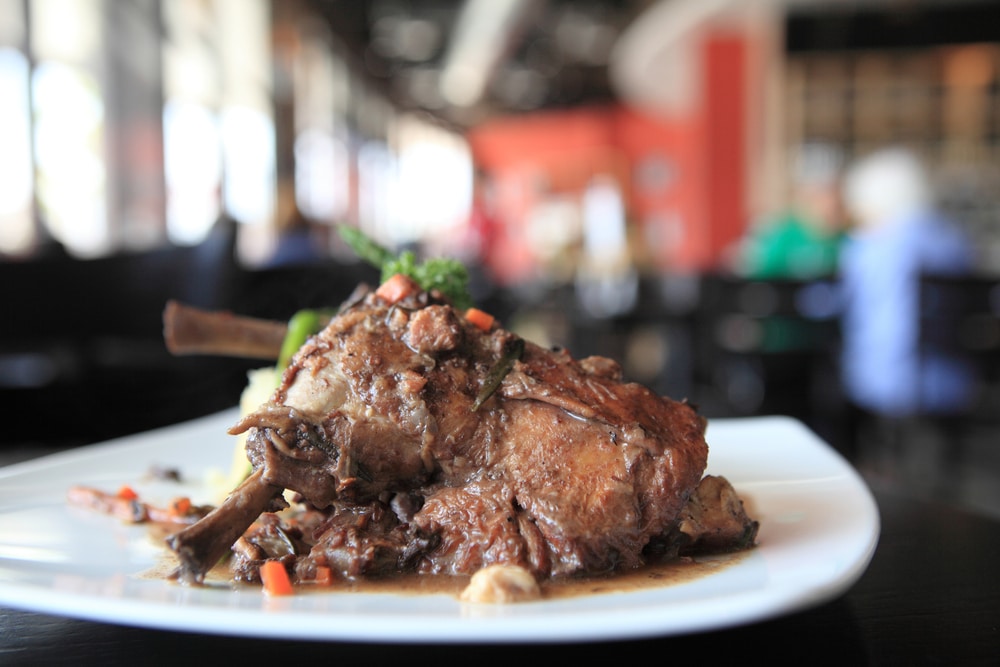 In Conclusion: A French Odyssey of Sights and Flavors
In Conclusion: A French Odyssey of Sights and Flavors
France, with its diverse regions and culinary wonders, promises a journey that engages all the senses. From the iconic landmarks of Paris to the sun-kissed beaches of the French Riviera, every corner tells a story of history, culture, and gastronomic excellence. So, embark on a French odyssey, where every vista and every bite unveils the timeless allure of this captivating nation. Bon voyage!


